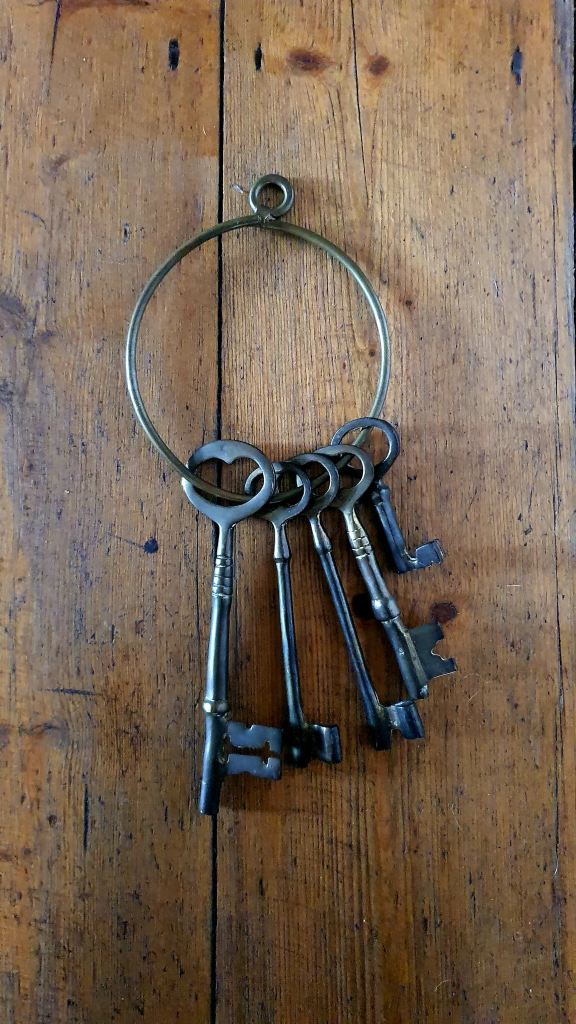Reading: Habakkuk 2:1-4
Habakkuk 2:3 – “There is still a vision for the appointed time; it testifies to the end; it does not deceive.”

In the remainder of Habakkuk 1, God responds to Habakkuk’s complaint about justice being warped. This response does not ease the prophet’s level of lament and concern over the current situation. In fact, it heightens the prophet’s angst. Habakkuk really questions how a good God could use an evil foreign nation to end the injustice and idolatry of Judah.
Turning to chapter 2 today Habakkuk declares, “I will take my post.” Using the familiar image of a watchman, the prophet lets God know that he will stand guard, keeping watch, listening for God, seeking God’s next response. There is a resolve here, built upon a trust in God. Habakkuk expects God to answer. Considering that God’s last response was the opposite of helpful, this resolve is remarkable.
Starting in verse 2, God does respond. So true are God’s words, God instructs the prophet to clearly write this vision to come on a stone tablet. In verse 3 we read, “There is still a vision for the appointed time; it testifies to the end; it does not deceive.” God has a plan. The plan will unfold in God’s time, according to God’s will, way, and purpose. The plan has an end-game nature to it and God has a 10,000 foot picture to the plan. This is God’s word, therefore it will not deceive.
God then reminds Habakkuk that some (most?) people desire “truly audacious” things. There will be these folks in this present age. But the righteous, God says, they “will live honestly.” They will trust in God as they wait upon God’s word. They will live righteously, assured of God’s plans and purposes, even when they are not yet clear. May this too be our walk of faith.
Prayer: Lord God, in moments of lament, in times of suffering or angst, it can be hard to wait upon you. Patience and trust can be elusive. When we find ourselves there, Lord speak into our hearts and minds. Through the Holy Spirit, build our trust, bolster our faith, deepen our resolve. Thank you for your faithfulness, O God. Amen.









